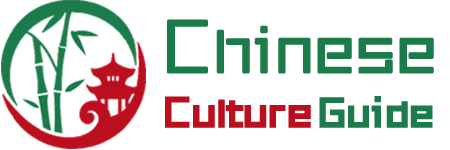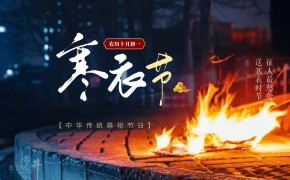The Hungry Ghost Festival, known in Chinese as Zhongyuan Festival (中元节) or Yulanpen Festival (盂兰盆节) in Buddhism, is a significant traditional Chinese event focused on honoring ancestors.
It is observed on the 15th day of the seventh lunar month (or the 14th in some parts of South China, like Guangdong and Guangxi). Alongside the Qingming Festival and the Winter Clothing Festival, it is one of China’s three major occasions for commemorating the departed.
Origins: A Tapestry of Traditions
The festival’s roots are a blend of ancient Chinese customs and religious beliefs.
Ancient Agricultural Practices
Its earliest origins trace back to ancient autumn harvest celebrations and “autumn tasting” ceremonies. People offered newly harvested grains to their ancestors and deities, reporting a successful harvest and expressing gratitude.
Taoist Influence
Taoism designates this day as Zhongyuan Festival, related to the “Three Officials” (三元). The 15th day of the seventh month is the birthday of the Earth Official (地官), who grants amnesty and absolves sins. It is believed that on this day, the gates of hell open, releasing spirits to receive offerings.
Buddhist Influence
Buddhism calls it the Ulambana Festival (Yulanpen Festival), stemming from the tale of Mahamaudgalyayana (Mùlián) saving his mother from suffering in the underworld. It emphasizes filial piety and providing solace to suffering spirits through offerings to the monastic community.
These traditions interwove over time, shaping the festival’s rich customs.
Core Values: Filial Piety and Remembrance
At its heart, the Hungry Ghost Festival is about respect for ancestors, filial piety, and remembrance. It embodies the Chinese cultural principle of “honoring the past and cherishing the memory of ancestors” (慎终追远).
It’s a time for families to express longing for departed relatives, offer solace to wandering spirits, and reflect on the importance of family bonds and kindness.
Traditional Observances
Several customs are associated with the festival:
Offering Sacrifices to Ancestors
Families prepare feasts, incense, and paper replicas of money, clothes, and other goods (often called “hell bank notes” or “joss paper”) as offerings to their ancestors at home altars or gravesides.
Floating River Lanterns
Lotus-shaped paper lanterns with candles are set afloat on rivers and lakes. This beautiful sight symbolizes guiding lost and hungry spirits towards peace, light, and rebirth.
Burning Offerings
The ritual burning of joss paper and paper replicas is believed to send essential goods to the deceased in the afterlife.
Avoiding Evening Outings
Some people, particularly the elderly, avoid activities like swimming or staying out late at night during the “Ghost Month” (the entire seventh lunar month), fearing encounters with restless spirits.
Regional variations include eating specific foods like ducks (in Cantonese culture, the word for duck sounds like the word for “press,” symbolizing suppressing negative energies).
Modern Significance and Evolution
Today, while the spirit of remembrance endures, celebrations are adapting. There’s a growing emphasis on safe, environmentally friendly, and public-spirited practices. Many communities encourage using flowers for remembrance, collective public rites, or even online tributes to reduce fire risks, pollution, and maintain public cleanliness.
The festival was included in China’s national intangible cultural heritage list in 2010, recognizing its importance in preserving traditional culture and ethical values like filial devotion.
The Hungry Ghost Festival is not about fear, but about compassion, remembrance, and cultural continuity. It offers a moment to honor ancestors, express gratitude for the present, and contemplate the cycle of life and the importance of family.





















There are no comments yet, come and comment~